When the Birds Began to Fall
On great joy -- followed by great sorrow. A memory of my days with David Kirby, companero, writer, and very old friend from Mexico reporting days.
I decided to write a personal column this morning, because I’m carrying a surfeit of emotion in my heart and I can feel it sloshing around inside me like an overfull bucket, threatening to spill. So let me spill some of it here.
This weekend was a mix of great joy and great pain for me. I shared those emotions with other people. It was also a weekend when pages of memory flew open at the thought of the people I celebrated and remembered, both living and newly dead.
First, the joy. One of my daughters turned 24 on Sunday. We – almost all the members of her family, which spell an extended family – held a brunch. It was an intergenerational event, as our family celebrations have become, and that is perhaps the aspect that brought me the feeling of a deep, solid joy that held me through the contrasting sorrow current that swirled around my feet this past week. This daughter (I have three) was born in New York and raised mostly in California. She remains a drop of pure love in my heart: whenever I think of her, I feel an emotion akin to a drop of something shiny and golden that alights my spirit from within. I know this may sound like hyperbole or a metaphor to others; no matter. This is how I feel about her and my other children: they light me up, completely. I am beyond grateful to the universe for my family and the love that they elicit. I am so blessed.
I had a familiar moment that happened – that can happen easily – at the party. I was just looking around, smiling at the faces of all three of my daughters and the growns who have become their family and our posse of old friends, and I felt myself rise up, above the room, to look down upon it. I felt the glow of love that infused us all, the deep celebration that comes from humans gathering who love each other, who wish each other the best. I saw my daughters then as they have been at various ages, from very young to their present age, early and mid-20s, and I remembered myself, carrying the birthday daughter as an infant through these same rooms. I thought: we have gotten this far. Thank you, thank you.
En famille, pour l’anniversaire de Lucy Blue. Photo: AC d’Adesky
That’s when I called her other mother, who was in California and joined us by telephone to say hello. She was joined by my birthday daughter’s younger sister. The party was more complete then. That too, is a celebration, because I’m a co-parent, like many of us lesbians who build families and continue to evolve in them. We were missing a third co-parent, a trans Dad and his partner, also in California. As I was talking with everyone, passing the phone around, I glanced at the window in the living room and noticed several birds on a branch of a tree across the window. They were looking in on the party. It brought me the biggest smile, one family gazing in on another.
I often sit in the mornings to catch a glimpse of the birds that like to chatter in the leafy tree outside that window. Most are small brown-grey birds who flit from the tree to the fence that separates our apartment property from our neighbor to the right. But sometimes, there are beautiful blue jays that are always larger than I expect, who take roost on the ledge of the next-door building and we stare at each other. I also sometimes see birds with yellow bellies and these always give my eyes a leap of joy.
The joy I felt at the Sunday birthday spreads like solid ground under my days in this life. I often feel our shared love of family and friendship like soil; it holds the footprints of where I walk in this life. I can look back and see myself and where I’ve gone and where I’m going and I feel held and seen and loved. That’s how the party felt yesterday. I felt the love I hold for my daughter(s) flow like a soft current of molecules all around the apartment. Our house had a fresh infusion of love energy yesterday, then, and it was wonderful, and I feel it still.
Earlier in the week, birds began falling from the sky -- my sky, my head, my mind’s eye. I’d been reading news on Facebook all week about the dramatic negative turn of events of an old friend, David Kirby, who I met in 1983 of 84. I was out of Columbia J school, done with my first Agence France-Presse internship in Paris, and had finished a stint helping Ms. magazine editor and feminist Robin Morgan as a researcher on the big feminist book, Sisterhood is Global (Doubleday). I’d even met a personal hero(ine), Simone de Beauvoir, in Paris, for a personally important moment, delivering a manuscript to her. Simone was already much older, tall and looking rather stern-severe-eloquent, and her assistant and adopted daughter, whose name was Sylvie, accepted the package from me. I peered into an apartment and saw Simone standing in the background, asking who it was. Elle viens de l’Amerique. Sylvie replied. She comes from America. I felt like I was in a chapter of a novel then, and I was, I suppose – my own little story.
I also wrote a chapter on Haiti for Robin’s encyclopedic book, using a pseudonym. I felt very proud of publishing my first creative nonfiction writing in that book, and a bit sad I’d adopted a pseudonym, but the subject was Haiti and I was writing about feminism and very personally, borrowing details of experience from my personal life with my extended family in Port-au-Prince, and I didn’t want to hurt them or put them in harm’s way. The Duvalier dictatorship was falling then but its menace was still intact, and it felt important to me then to protect my family while using my words to expose truths I’d learned being in their social circle back in Haiti.
About David, then. He and I both secured our first important staff correspondent jobs in Mexico, working for the already-then-legendary Pete Hamill. A veteran editor with a tough guy persona who was really a pussycat, except with political officials. The Pete I met was a quintessential New Yorker who’d fallen in love with Mexico many years before and had accepted a challenge to remake the very lite touristy Mexico City News weekly into a proper newspaper. It was an English-language supplement to the larger Mexican daily Novedades at that time. Little did we know how hard this task would be.
As experiments go, it was a grand one. David and I were among six or so Mexican and expat green journalists assigned to dig deeply into Mexican society, politics, and culture. I was assigned several specific beats, which were very challenging: education, religion, general reporting, and helping to translate and edit the daily crime blotter. The last one gave me the keenest eye on daily Mexico City life. I was often editing stories about people who’d clung to the undersides of municipale buses, trucks or trains to cross one border or another and tragically died. Or those who tried to stuff stolen goods into these same buses and trucks.
The hiding places were often ingenious, and I used to smile and shake my head, impressed at the creativity, and sorry for the person who’d felt so desperate they’d attempted their fatal action in the first place. Mexico has extreme contrasts, which are easy to observe on the surface and become endless layers of comparison as one dig into those layers. It was a fascinating year. I translated a lot of copy and my Spanish improved. I also saw a lot of amazing art, and met fantastic Mexicans of all stripes, including other talented journalists and artists.
David Kirby, always smiling, with friends. Photo: Jay Blotcher.
I also befriended David, who became a roommate. He was tall, and importantly, openly gay, at least in his personal life. I was too, but closeted on the job: we both played it cool in Mexico. I had a girlfriend then back in NY, and she came to visit, as did another friend I knew from my Barnard days, Sarah Schulman. Sarah reminds me often that my memory is a sieve, but I still remember with crystal-clear inner eyes what she wore (striped pants) to visit me, and how uncomfortable the heavy Russian furniture couches were in the rental we had not far from then-President Carlos Salinas de Gortari’s house. I learned a lot about how Russia (and Cuba) had supported a generation of Mexican radicals, and left an architectural imprint on Mexico City, including rather ugly, very heavy furniture that no one enjoyed sitting on for that long. All we could think is that it must have been very cheap to buy; there was no conceivable reason anyone would otherwise. Now, the discomfort I felt in my spine trying to sit in those chairs bring a smile of memory, which it did this week when it surfaced. We had a lot of good times in that apartment, a lot of cooking. Already then David was an amateur chef, wildly enthusiastic about all things Mexican.
David and I were ambitious to prove ourselves, our reporting chops. I could tell you stories of all the exceptionally boring press conferences we attended. What I retain from them is catching David’s eye, and the message we would exchange: they’re lying. He’s corrupt. This is bullshit. Should we leave soon and get a cafecito? We’d report the news pretty straight, as things happened, the dull lies of PRI and other party officials in a pampered, dysfunctional administrative state. There were a lot of great Mexican pols and leaders, but they were in the opposition and our ability to report on them was limited. Our audience was primarily US expats, and while we tried to report harder news, and did, here and there, the bread and butter was lighter fare, especially cultural stories. I made friends with Stephen Marsh, a sharp lefty who ended up with the arts beat, which I envied. We visited a lot of artists in their studios together. The art was amazing.
This week, every time I thought of David, in addition to the pang of pain I felt thinking about how he was suffering, apparently in a coma, after an invasive surgery to remove an ulcer had led to grave, unexpected side effects, my mind would turn to the food we sampled at the many stalls in the many outdoor squares we favored. David was a master at seeking out pop-up food stalls while I was wary of eating street food, so each venture was a battle of will and nerves.
David tried everything; he had a steelier stomach. I balked at insects with tongue-numbing peppers. After the meal, we would walk, poking our heads into every corner. There were always a lot of birds, which we’d talk about because the pollution was so bad in Mexico City that I’d get a headache returning to the city after going out up into the mountains where I could down look upon the dark overturned bowl of car exhaust pollution that settled over it like a hazy cap. We took several trips into the mountains, eating adventurously there, too. And drinking. David liked a tequila cure.
We shared the extra bond of being gay in a place where that was not publicly accepted, though the first gay bars were appearing in the Zona Rosa then, for men, mainly; occasionally I would spy women. I wore strange clothes to work — drag professional — but felt that no one was fooled by my attempts to pass as heterosexual in my Mao worker jacket at press conferences. My hair was short but longer than it is now. There was no shaking my New York burgeoning lesbian self, though, and I felt that self keenly every time I walked into a church or school to interview religious officials. Now I know that many of them were likely closeted gay men, at least the priests. But I lived a double life on the job, and so did David.
David Kirby with boyfriend Tim Horn, the NY ACT UP years. Photo: Jay Blotcher.
He was less concerned with being outed, and reveled in his freedom to meet Mexican men. He didn’t have steady boyfriends, but a string of weekend visitors. Sweet, very polite young men from across the Latin American spectrum. He liked cooking for them and me; we took turns. I learned a lot more about Honduras and Guatemala, about the ongoing civil conflicts there, the border camps. David and I agreed to try to go to the Amazon, to visit the camps with exiled opposition fighters, but never made it together. I did spent two months reporting on land takeovers by teachers in embattled Chiapas and Oaxaca, and David visited me. I got incredibly ill with amoebas which I mistakenly managed with daily beer for two months until it became clear I had a real problem, not just a gringo tummy.
There are so many memories, then, from a single year. And when I found out Saturday morning from a post made by his longtime partner, Carlos, that David was actually passing, meaning dying, I felt shocked and the memories began falling from inside my head like the birds we would come across in Mexico City, mysteriously fallen from the dirty sky.
Mexico City at dusk and dawn.
There is one memory I’ll leave you with. David and I, holding cold Negro Modelos, he in his usual uniform of loose boxers and a T, barefoot, and me in whatever I wore in the morning heat, probably exactly the same outfit, leaning over the edge of our apartment banister, looking out on some not especially pretty residential corner of the city. The heat would already be oppressive by then. Pointing to where Salinas, not far away from us, was having breakfast. Imagining what the PRI president was doing, predicting he’d be found out one day, brought to justice. Wondering what awaited us that week, in our reporting. Talking stories, from morning to night. And writing. Both dreaming of being writers beyond journalists and keeping journals, though mine from the time is not at hand’s reach.
I ended up leaving Mexico City and the job when everyone, starting with Pete, got fired for my reporting. I was covering the student protests at the free national university, UNAM, and the university rector was unhappy that I’d given the students an equal voice to the university officials in my reporting. The students were protesting an effort to privatize their school, to make students pay. When Pete refused to can or muzzle me, he got fired instead. Then we all stood in solidarity with Pete and resigned. I felt bad but proud of the work we’d all done. I was confused about my next move, and returned to New York, and then Haiti and AIDS and ongoing LGBTQ issues drew my reporter’s attention.
David hustled a job as a Mexico City stringer for UPI and later the Associated Press -- an even more legit job -- and was thrilled. His Spanish got way better than mine. We said goodbye knowing we were friends for life. Later, I’d see him in New York and we were never as connected, but never felt disconnected, either.
I reconnected with him in 2016 or so, and stayed in touch by Facebook, and we met last year when I came up to look at a house he and Carlos were selling in Kingston. He’d changed a lot over the decades and I was different and I know if we pushed issues, we’d likely politically disagree a lot, but we didn’t. He’d written for the New York Times, which made me — and him — very proud because it had been his dream, one of them. He’d written several books, including a best-selling one that was being turned into a televison series, Death at Seaworld. He’d become an animal rights activist, for orcas, among other species. He was then writing a silly, fun book that I might hate, he said, laughing. I reminded him that I love light fare, rom-coms. How we’d laughed at hyperdramatic Mexican telenovelas to pass the time on slow news days back in the old days in Mexico, tried to guess which male actors were gay, read weeks-old People magazines. We both adored our dogs. We knew we were different enough now, politically, but it didn’t matter: we loved each other from before and were deeply bonded, as old friends.
Come visit, he said when he first moved to Pueblo a while back and I had it on my list of plans. I’ll cook for you. Come hang out with us. You’ll love Carlos. Carlito. He’s handy like you; he can build things. He has built everything in our house. I love him so much. Do you remember Pueblo? Do you think about our life in Mexico? The best of times, really. I love you Anne, you know that. I’m so glad we are back in each other’s life. It’ll be so fun.
I will, I said. I really want to. I’m so happy for you.
David with his beloved, Carlito. Photo: Jay Blotcher.
Sunday evening, another bird fell out of the sky, and another. Now I see them everywhere, metaphorical dead birds like the ones that would surprise us on our walks. David had a huge appetite for life, and I do too, and that is what I’ll carry as my deepest living memory of him and of us now. He is with me as surely as he is with everyone who loves and loved him. I am so sad he suffered in the end and is now in that place, that personal bardo where our loved ones go when they are released from this life into whatever exists in the spheres of energy elsewhere. But I plan to keep him close: his laughter, his crinkly eyes, his appreciation for Mexican language and its slang swear words, and deeply, his friendship, which I felt instantly and cherished. Te veo, we would say to each other that year, leaving in the morning. Te veo. I see you and I’ll see you. Forever now.
Note: I’ll be posting an update to this SubStack when there is news about a celebration in NY. Because there will be, there is no doubt. - ac
LINKS:
Death at SeaWorld: Shamu and the Dark Side of Killer Whales in Captivity: Kirby, David: 8601404301711: Amazon.com: Books




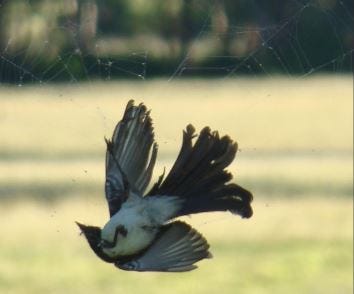
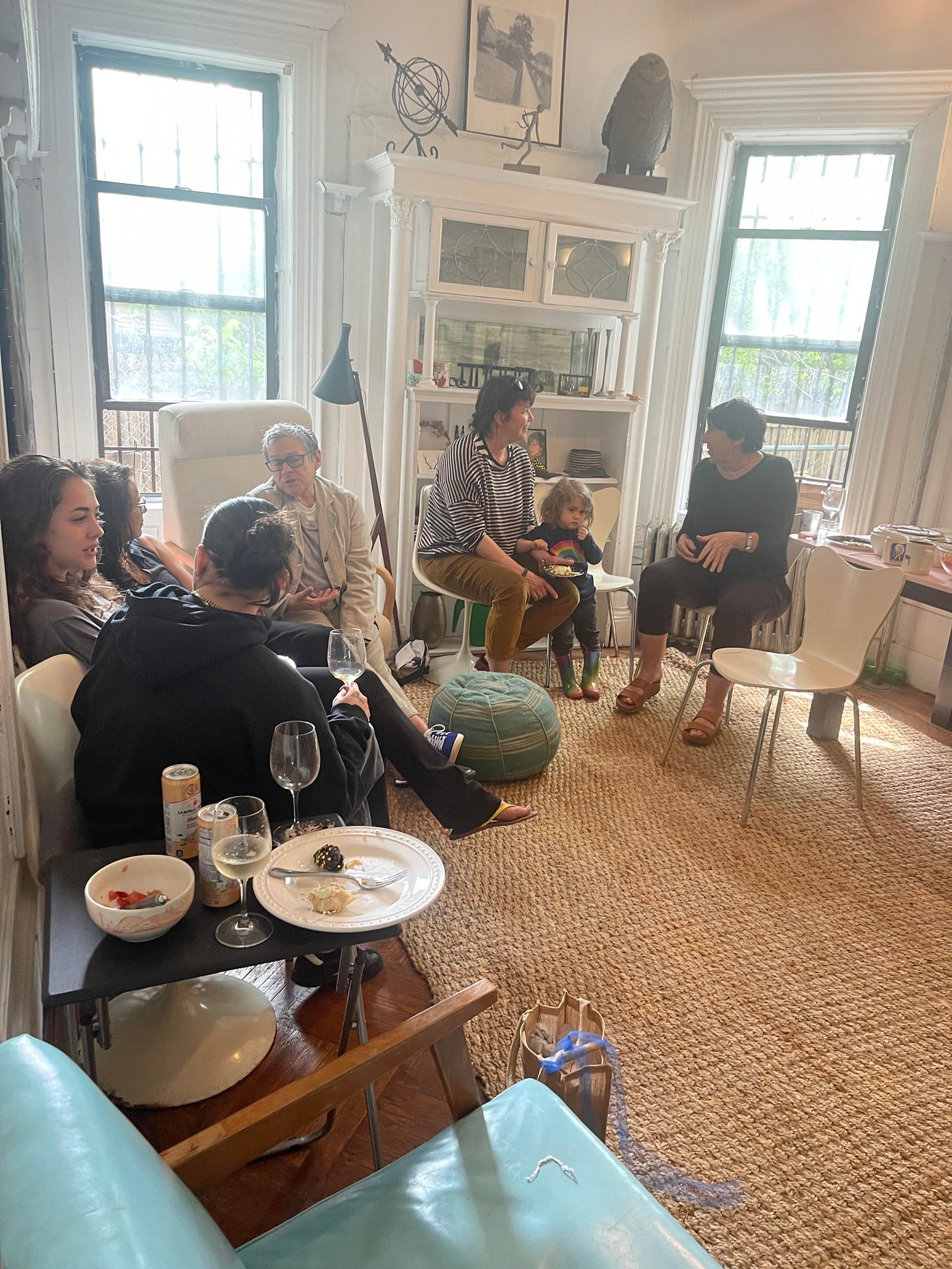
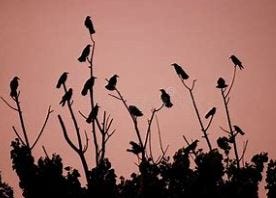
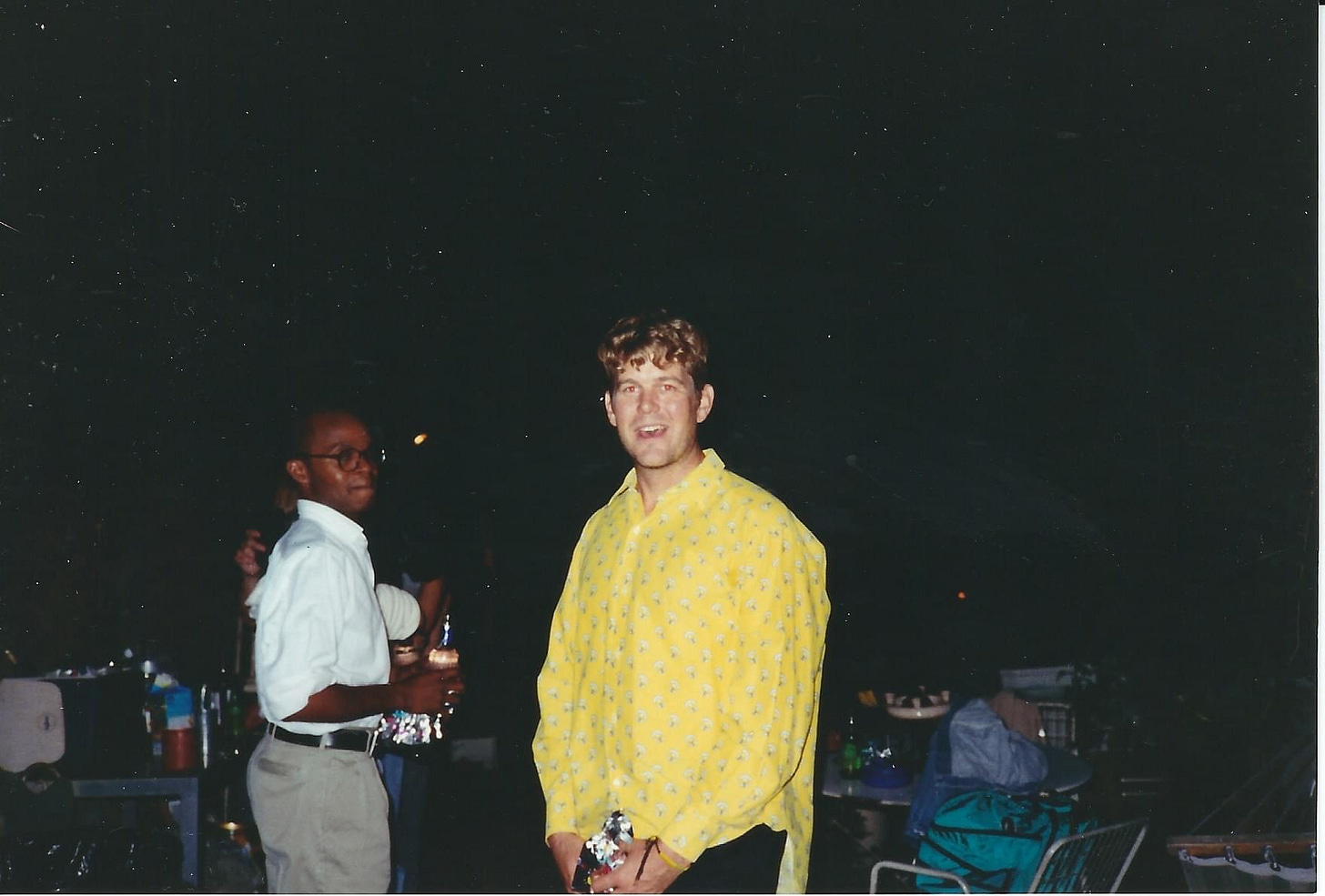
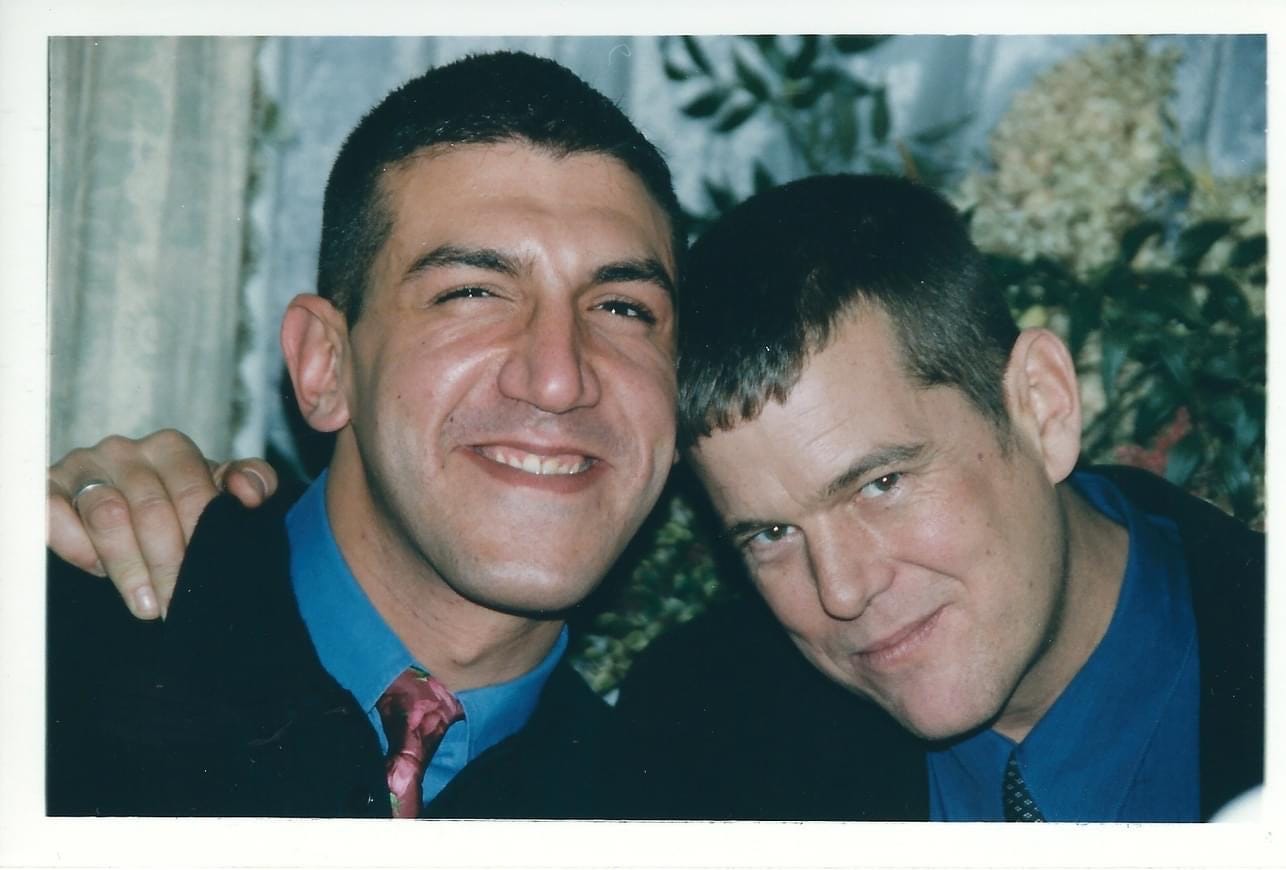

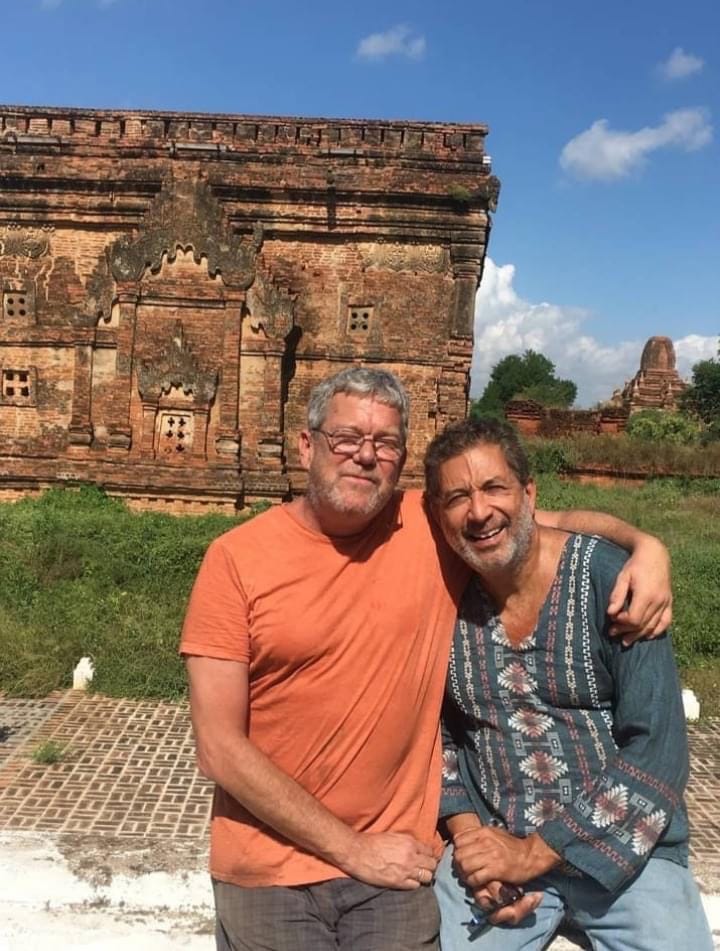
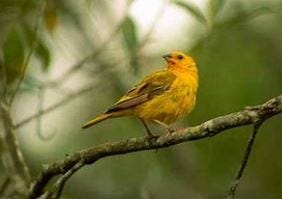
Thanks so much for this piece. I too am deeply grieving the loss of David. Carlos and he have been dear friends since the beginning of their relationship , living in Brooklyn. I’d known Carlos for many years previously. Lived in DF for many years as well (before your time, in the 50s.) your description of your time there so interesting!